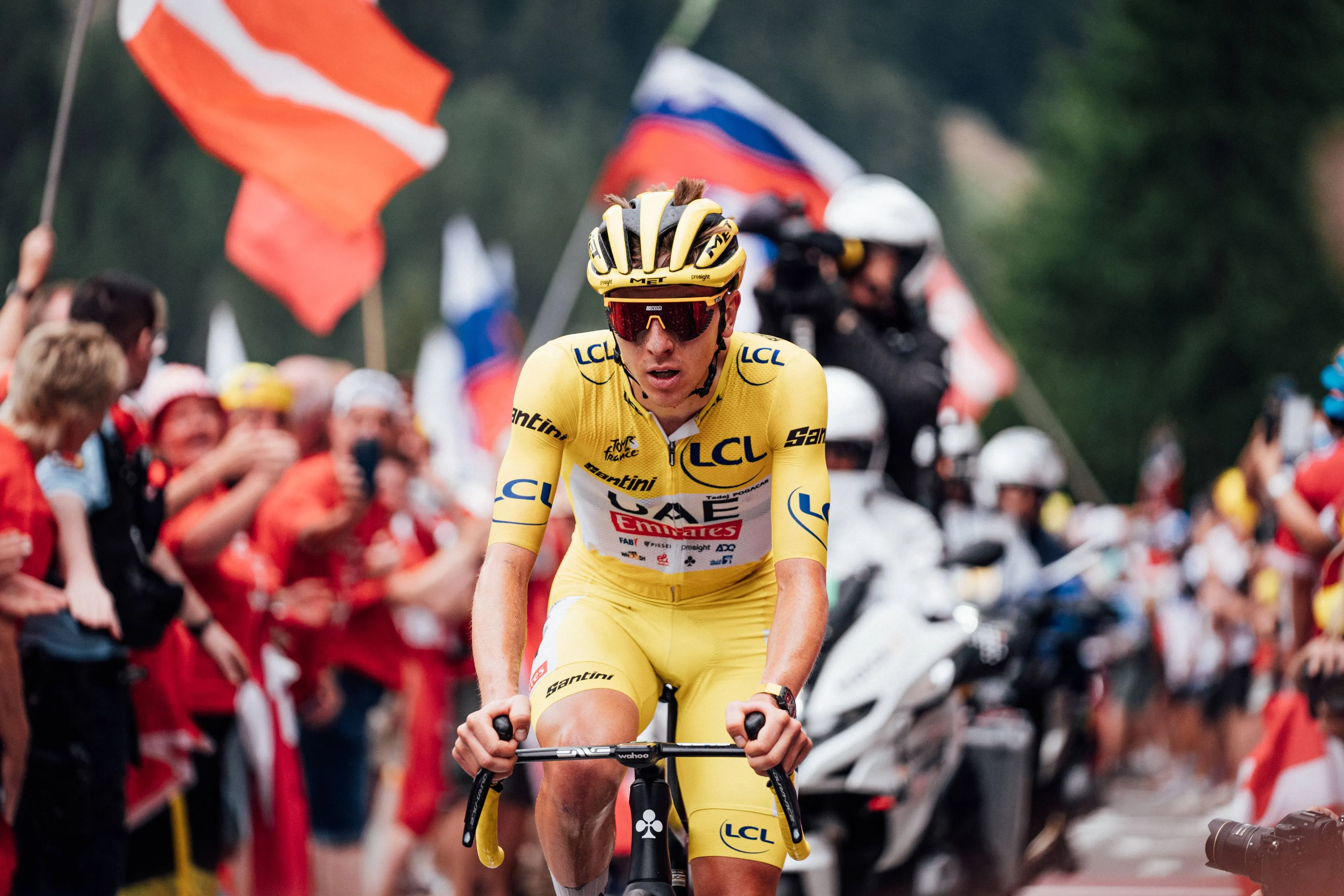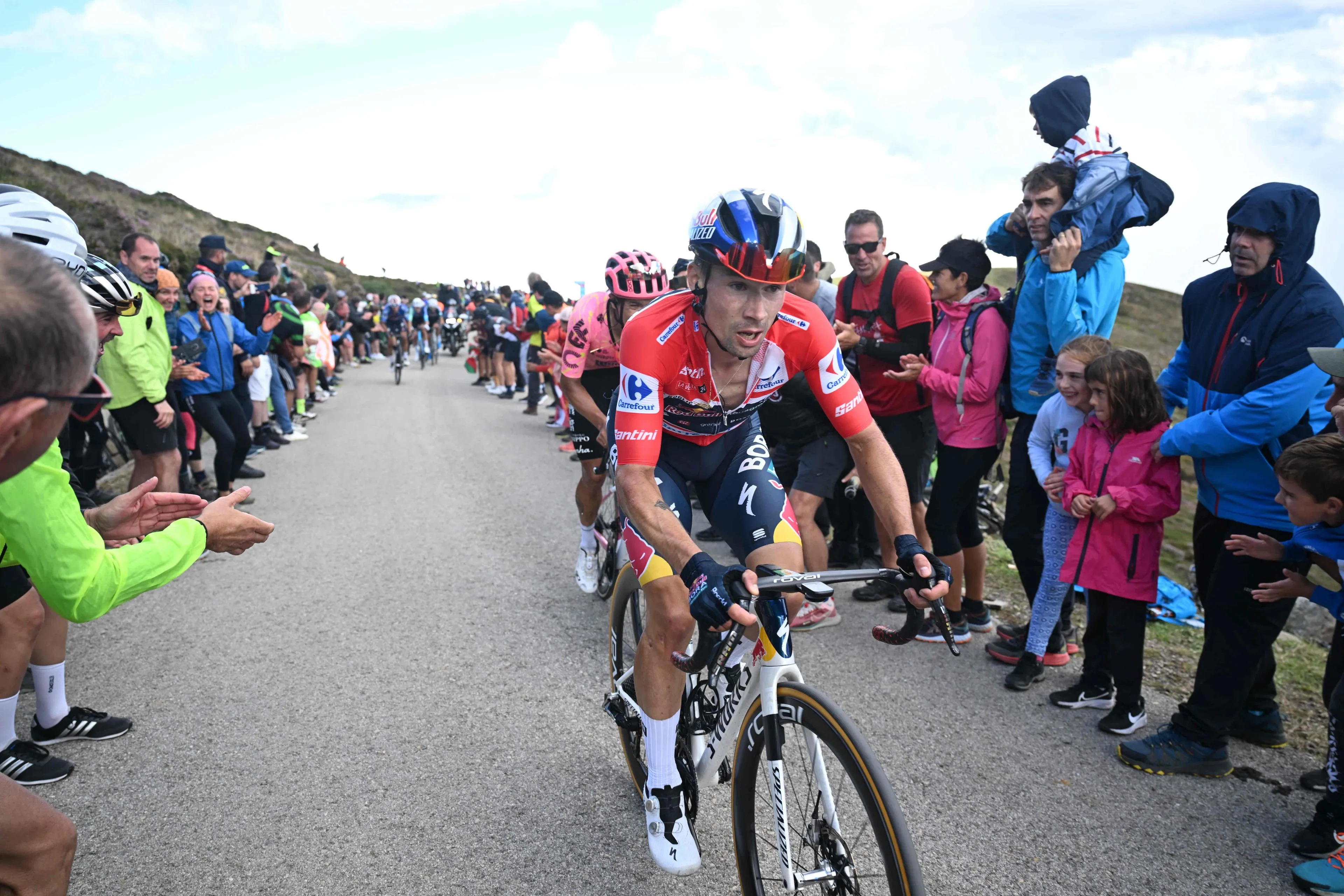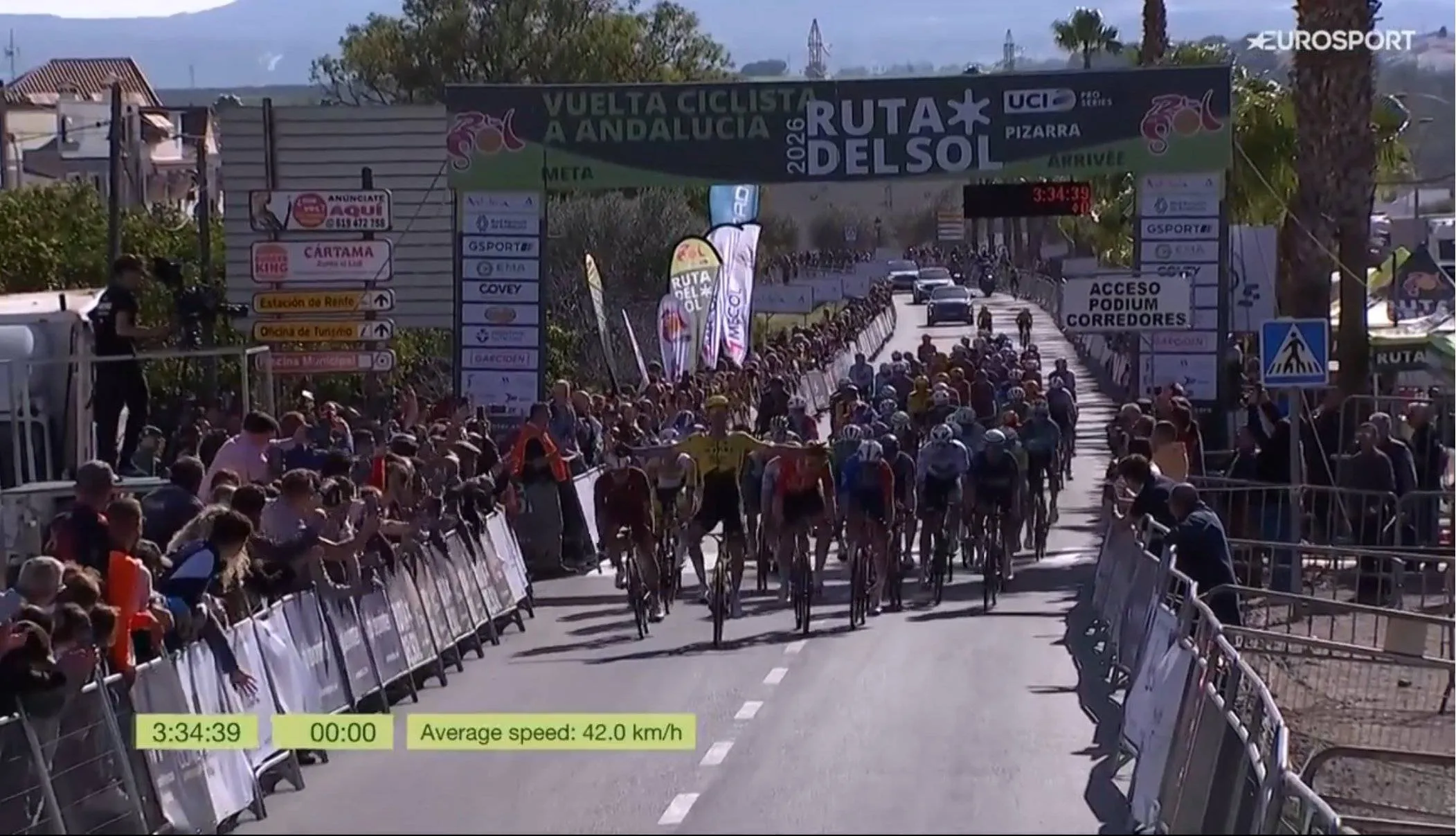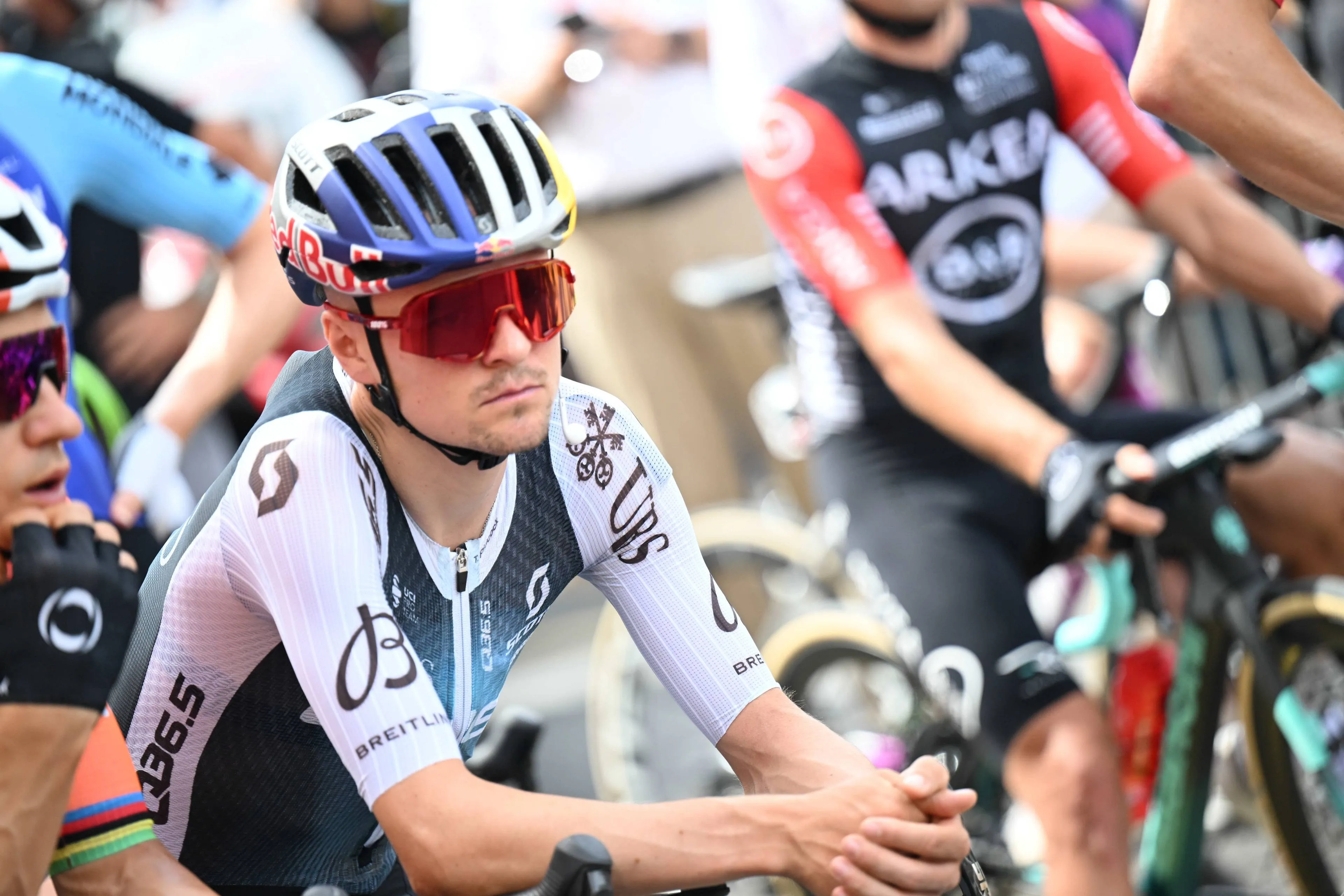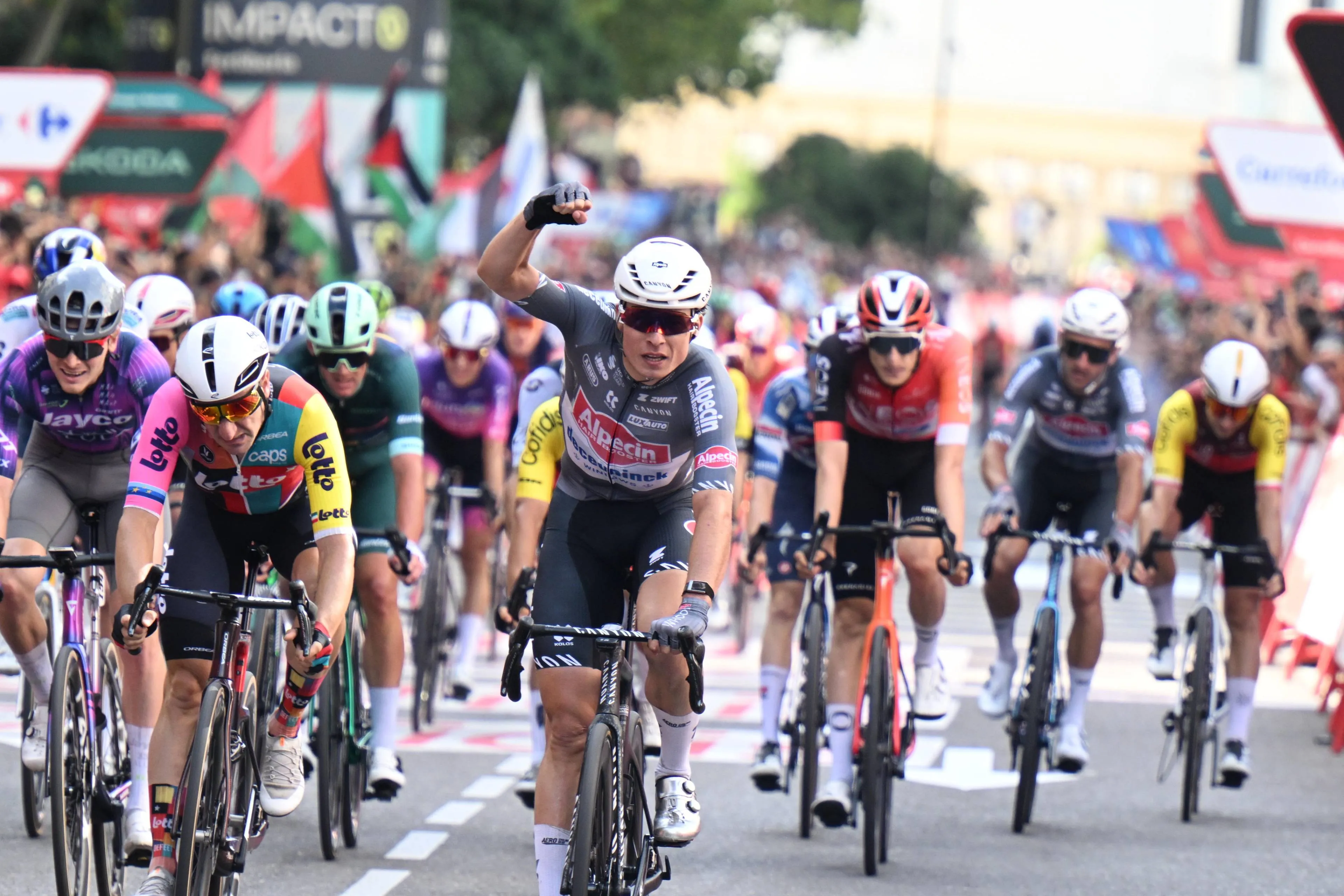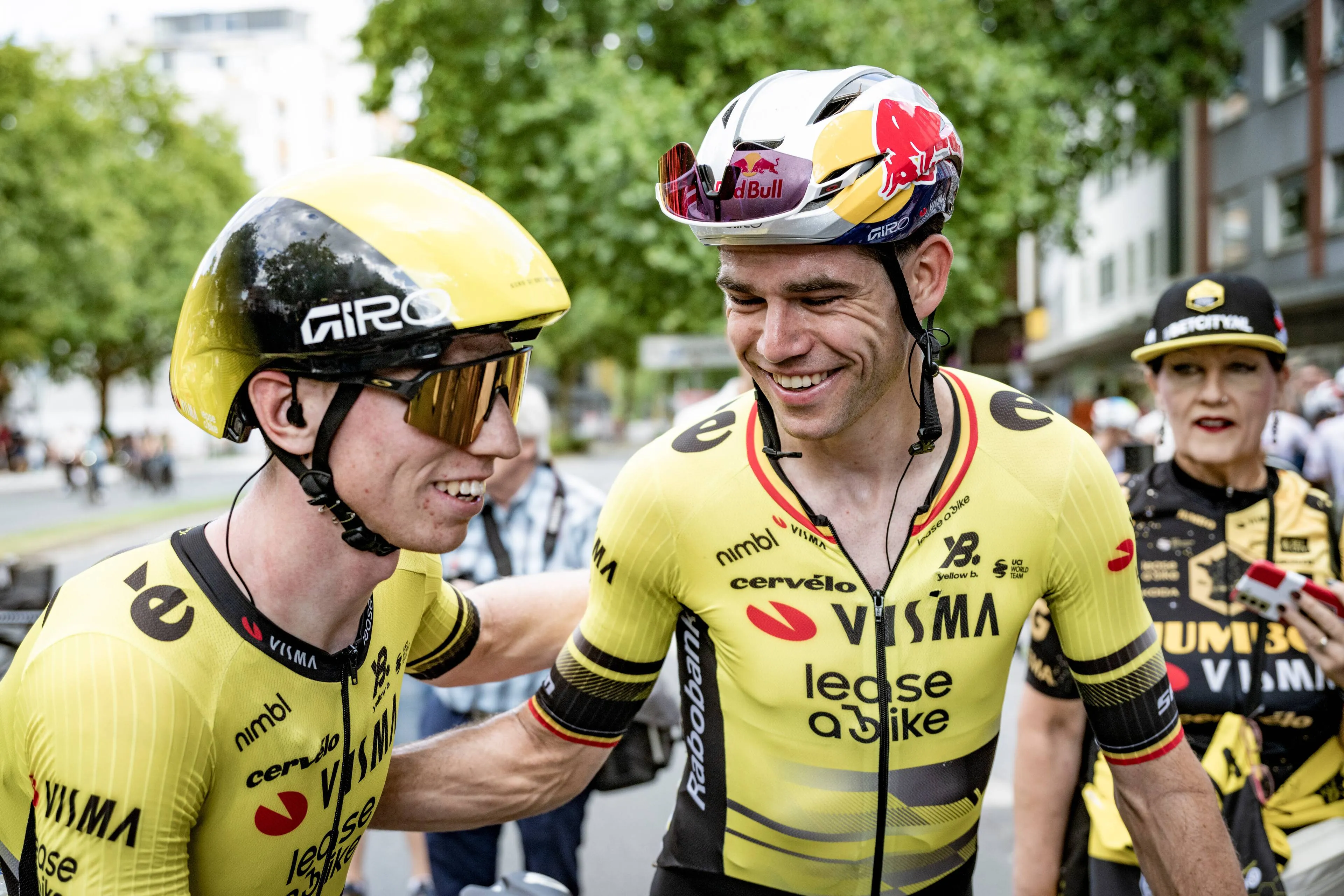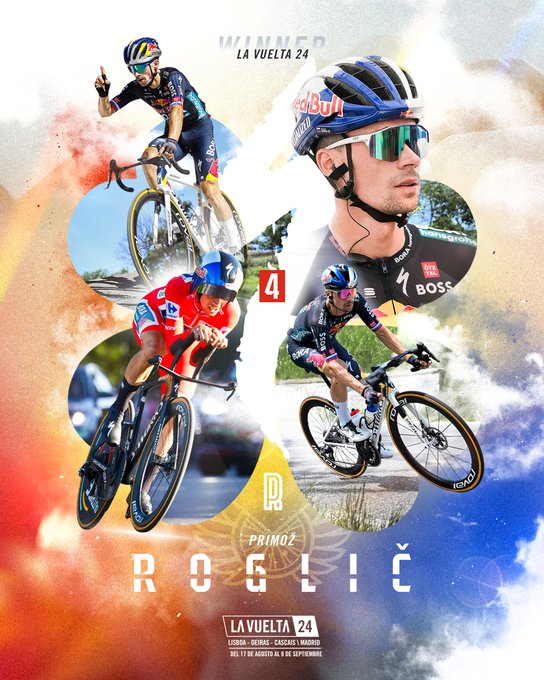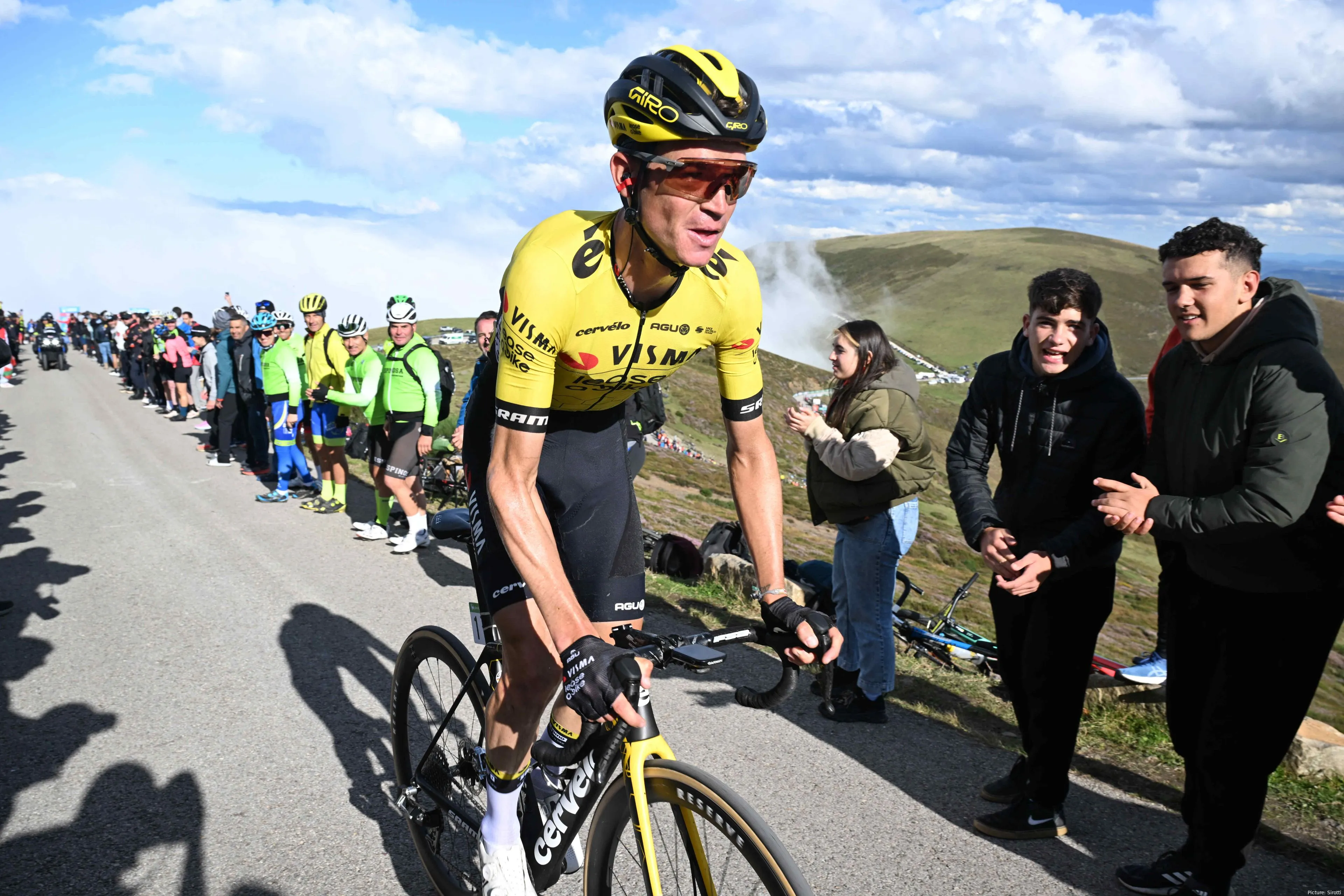
This time last year, Sepp Kuss was on top of the world. The
American rider had just achieved the pinnacle of his cycling career by winning
the 2023 Vuelta a Espana. It was a historic moment, not only for Kuss but also
for his team, Jumbo-Visma. With Kuss's victory, the Dutch squad completed a
clean sweep of the Grand Tours in 2023.
Kuss played a pivotal role throughout the season, first by
helping Primoz Roglic secure victory at the Giro d’Italia, then by aiding Jonas
Vingegaard in his successful defence of the Tour de France title, before
finally getting his chance as a GC (General Classification) leader and
triumphing in Spain. It was a dream season for both Kuss and Jumbo-Visma,
marking the American as one of the sport’s brightest stars.
However, the 2024 season has been a different story
altogether for both Kuss and his team. As the defending champion of La Vuelta,
expectations were high for Kuss, but what unfolded over the three weeks in
Spain was a far cry from the success he enjoyed the previous year. Kuss's
struggles in this year's Vuelta mirrored Jumbo-Visma’s disappointing season, as
both the rider and the team failed to live up to the lofty standards they had
set in 2023.
A Season of Setbacks
Kuss’s season began with optimism, but it quickly became
clear it would not go as smoothly as in 2023. Kuss was once again expected to
play a key support role for Vingegaard at the Tour de France, but the American’s
plans were derailed when he tested positive for COVID-19 after the Criterium du
Dauphine in June. This untimely diagnosis ruled him out of the Tour de France,
a significant blow to both Kuss and Visma. Without Kuss, Vingegaard faced the
daunting challenge of battling Tadej Pogacar and UAE Team Emirates in the high
mountains without his trusted lieutenant. The absence of Kuss was felt acutely
during the Tour's most demanding stages, where Vingegaard often found himself
isolated, struggling to match the relentless pace set by Pogacar and his team.
Read also
The loss of Kuss at the Tour was a double-edged sword. Not
only did it weaken Visma’s chances in France, but it also cast doubt over
Kuss’s form heading into La Vuelta. After recovering from COVID-19, Kuss
returned to racing at the Volta a Burgos, the traditional warm-up race for the
Vuelta. His victory there offered some hope that he might recapture the magic of
2023. However, as the Vuelta progressed, it became clear that Kuss was not at
his best.
A Vuelta to Forget
From the outset of the 2024 Vuelta a Espana, Kuss struggled
to find his rhythm. Unlike the previous year, where he had been a consistent
force in the mountains, Kuss was dropped on most of the major climbs during the
first two weeks of the race. His performances were uncharacteristically lacklustre,
and he found himself slipping further and further down the GC standings. By the
time the race reached its final week, Kuss was already well out of contention,
sitting more than 20 minutes behind the race leader, Primoz Roglic of Red Bull
Bora-Hansgrohe, who would go on to win his fourth Vuelta title.
Kuss’s eventual 14th-place finish was a stark contrast to
his dominant display in 2023. While he showed glimpses of his old self—most
notably with an impressive pull on the flat to set up Wout van Aert’s victory
on stage 7—it was clear that Kuss was not in the same form as he had been the
previous year. The American climber, known for his ability to thrive in the
high mountains, seemed to lack the sharpness and endurance that had defined his
2023 campaign.
Read also
The disappointment was not lost on Visma, with the team’s
sports director, Grischa Niermann, admitting that Kuss had not been at the
level they had hoped for at this year’s Vuelta. Niermann’s candid assessment
underscored the sense of frustration within the team, particularly as Roglic—who
had left Jumbo-Visma at the end of 2023—claimed the red jersey that Kuss had
worn so proudly a year earlier.
The irony was palpable: one of the reasons for Roglic’s
departure from Jumbo-Visma was the team orders that had prevented him from
attacking Kuss during the 2023 Vuelta, yet here he was, winning the race as
Kuss and his former team struggled.
The Mental Toll of Leadership
Kuss’s struggles in 2024 may also be attributed to the
mental and emotional toll of being a team leader at a Grand Tour. Earlier this
year, Kuss admitted in an interview that he did not want to experience the
pressure of being a team leader at a Grand Tour again. This perhaps indicates
that the stress and team politics that come with the role had taken a toll on
him, and he preferred his previous role as a super-domestique, where he could
ride without the weight of expectations on his shoulders. This admission
highlighted the psychological challenges that come with leading a team in a
Grand Tour, challenges that Kuss were introduced to in 2023.
Unfortunately, Kuss struggled to match the performances of
the previous year. Whether it was the lingering effects of COVID-19, the mental
fatigue from last year’s gruelling season, or a combination of factors, Kuss
was not able to deliver the same level of performance that had made him a Grand
Tour champion. It must also be said that Visma’s team this year was considerably
weaker than it was at last year’s Vuelta, where Kuss was on paper the third ‘strongest’
rider behind Vingegaard and Roglic, both of whom played some role in supporting
his red jersey victory.
Read also
What’s Next for Sepp Kuss?
As the 2024 season draws to a close, Kuss will undoubtedly
be reflecting on what has been a challenging season. The American remains one
of the best climbers in the peloton, and he still has plenty of time to add to
his impressive palmarès. However, the setbacks of this season will serve as a
reminder of the challenges that come with the highs of professional cycling.
The expectations placed on a Grand Tour champion are immense, and the pressure
to perform at that level consistently can be overwhelming.
Looking ahead to 2025, Kuss will likely focus on rebuilding
his confidence and form. A return to his role as a super-domestique could be on
the cards, where he can once again be the reliable and formidable climbing
support for Visma’s GC hopes. However, it would be unwise to count Kuss out as
a potential leader in the future. If he can regain the form that made him the
2023 Vuelta champion, there’s no reason why Kuss couldn’t contend for another
Grand Tour title.
For now, though, Kuss and Visma will need to regroup and
learn from the lessons of this season. The disappointment of the 2024 Vuelta a
Espana will undoubtedly sting, but it will also serve as motivation for the
challenges that lie ahead. Kuss’s journey in professional cycling has been
anything but linear, and while this year may have been a setback, it’s unlikely
to be the end of his story. With the right preparation and a bit of luck, Sepp
Kuss could very well find himself back on top in the near future.
claps 7visitors 7
Just in
Popular news
Latest comments
- I just hope that he just says that he got cramps and that's it, rather than some long-winded excuse which makes him seem even more of a piece of...
 Rafionain-Glas18-02-2026
Rafionain-Glas18-02-2026 - finally, a team that does something smart. I could never understand why Ineos would like Egan train as he did alone. put a motorbike behind him with an earpiece to call out issues above. same with remco crashing into a postal truck.mij18-02-2026
- Wow, that is not a good sign for Remco. Great win for Tiberi!Pedalmasher18-02-2026
- Great champion Remco but his profile is more suitable for Ardennes-like races and tour with no very hard climbs. Not only Tadej and Vingegaard, there are a lot of younger cyclists (del Toro, Ayuso, maybe Seixas, Nordhagen and others) that will soon be big GC boys.
 maria2024202418-02-2026
maria2024202418-02-2026 - Evenopoel 1st real test, and he failedZamorano18-02-2026
- Remco is not the natural climber that riders like Tadej or Jonas are, no matter how much he trains and prepares for it. Yes, you can TT your way up moderately steep hills, but when the gradient gets super steep, he just can't keep up.
 santiagobenites18-02-2026
santiagobenites18-02-2026 - So against the better riders and a long mountain, Remco cracked. Sorry but way away from Pog and Jonasabstractengineer18-02-2026
- “I was portrayed as the devil" Bruyneel was really a talented team manager. His minor flaws: "coordinated, well-funded, and sophisticated doping regime" "hand-in-hand in implementing the team-wide doping programme" "was involved in trafficking and administering prohibited substances and methods, including EPO, blood transfusions, testosterone, human growth hormone, and cortisone. Teammates testified that nothing significant happened without Bruyneel's knowledge and approval." "fostered an environment where doping was considered a "fact of life" and necessary for success, effectively making it a condition of survival on the team. He also participated in or assisted with the cover-up of positive tests and doping violations." Those quotes show Bruyneel's true talent.Cyclingnut18-02-2026
- Fed up hearing "their" voicesslappers6618-02-2026
- When you join Ineos , learning , time , no pressure go out of the windowabstractengineer18-02-2026
Loading
🤩𝙍𝙊𝙂𝙇𝙄𝘾 ❤️... La Vuelta 24 is yours. ❤️... La Vuelta 24 es tuya. #LaVuelta24
21 Comments
